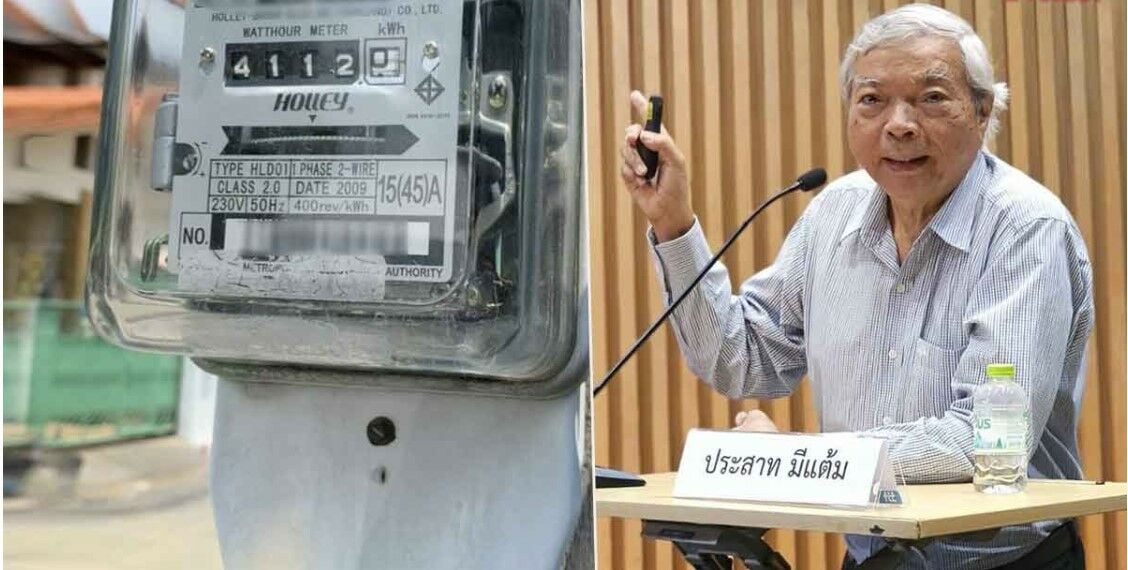Consumer groups challenge proposed electricity tariff rise

Consumer advocacy groups have opposed the proposed increase in electricity tariffs and have asked the Energy Regulatory Commission (ERC) to review all data used to calculate the Fuel Adjustment Charge (Ft) to ensure fairness to the public.
According to Prasart Meetem, the Chair of the Committee on Public Services, Energy and Environment of the Consumer Council, the estimated Ft charge of 216.42 satangs per unit for the January to April 2023 period may be higher than the reality.
The ERC has estimated that 70,219 million units of electricity will be produced by the Electricity Generating Authority of Thailand (EGAT) and purchased from private firms during this period, which Prasart believes could be an overestimate. The ERC only predicts a demand of 62,913 million units, leading to an oversupply of 7,306 million units, equivalent to a cost of 21,187 million baht.
The Chair further explained that the high estimate of natural gas prices is due to the weak exchange rate of 35.83 baht per US dollar, which is based on the average rate a month before the estimate. This is inappropriate as the Ft is an estimate of costs over a four-month electricity billing cycle, hence, the four-month average exchange rate should be used instead.
This would strengthen the value of the currency and lower fuel costs. Prasart also questioned the lack of explanation for the oil price base of US$93.3 per barrel and argued that the ERC should use the average oil price over the previous four months as the basis for estimating fuel and natural gas costs.
In addition, Prasart suggested that the ERC should review the cost of LNG, which PTT Plc claimed to have averaged 16.61 US dollars per million BTU this month. Based on recent information, the price of US-exported LNG, which Thailand has been importing throughout the past year, has reduced to a rate of US$12 to US$13 per million BTU, and even fell to US$6.45 per million BTU in August. If the price of Japanese LNG last month, which was approximately US$12 per million BTU, is compared, it is clear that the actual price of LNG is lower than PTT Plc’s claim. The ERC should verify this information.
Electricity oversupply
Prasart also pointed out that the country’s power generation system currently has an oversupply of electricity, and there are large power plants that are not operating or operating at a minimal level. The EGAT has to pay for electricity readiness charges for at least eight out of 12 power plants for several Ft cycles. Therefore, the EGAT has the power to negotiate the purchase of electricity from private power plants, both large-scale (IPPs) and small-scale (SPPs), at rates not exceeding 3.99 baht per unit. It should not pass all the costs onto consumers, reported KhaoSod.
The consumer organisations do not agree with the proposed increase in the Ft charge and urge the Ministry of Energy and the ERC to review all data used to calculate the Ft charge to ensure fairness to the public. They suggest that the government should allocate natural gas from the Gulf of Thailand, which is cheaper than imported gas, to produce electricity.
Latest Thailand News
Follow The Thaiger on Google News:


























